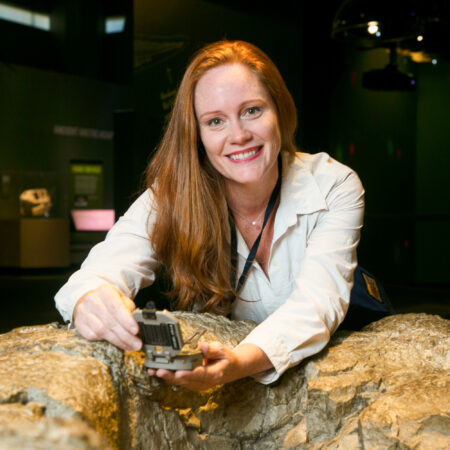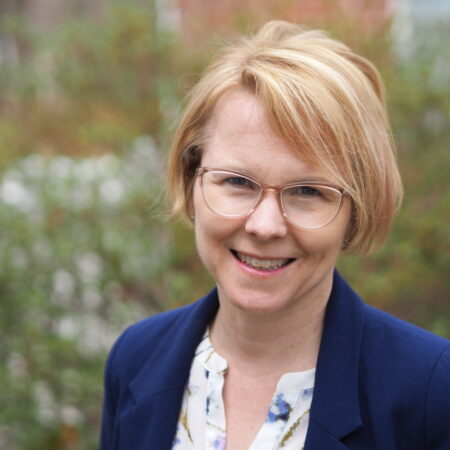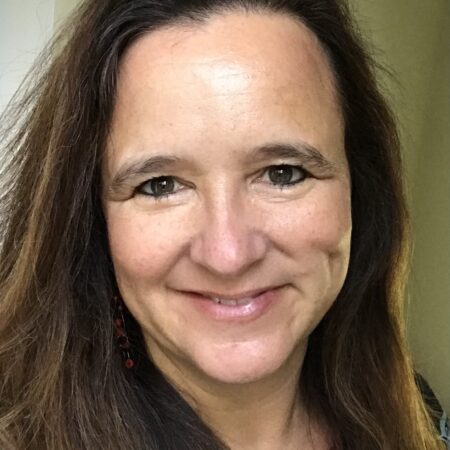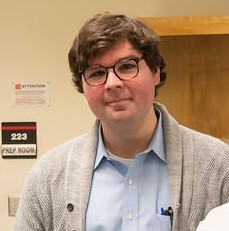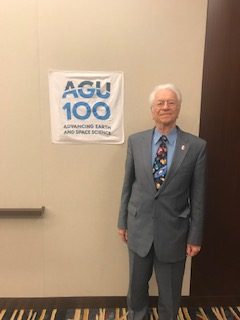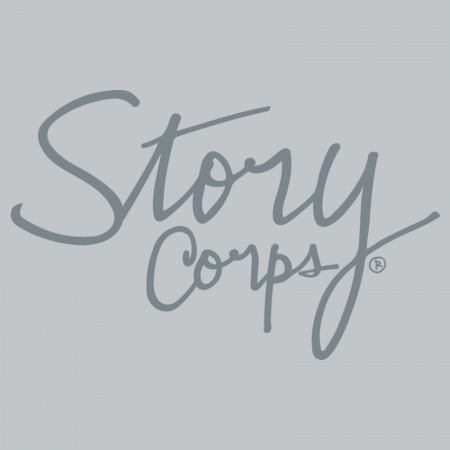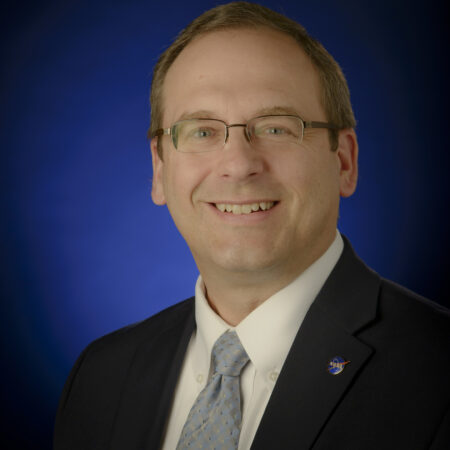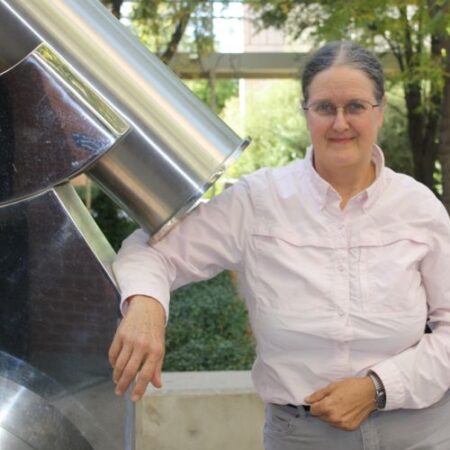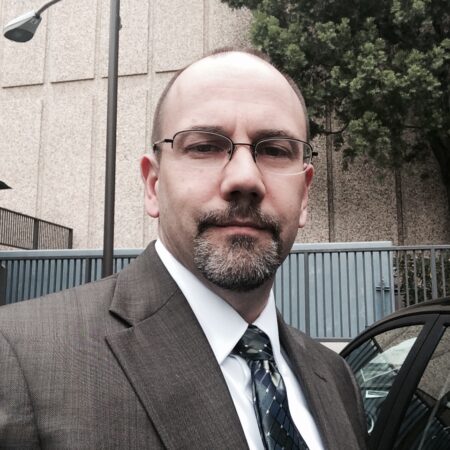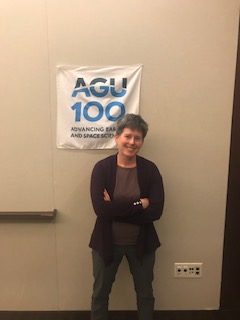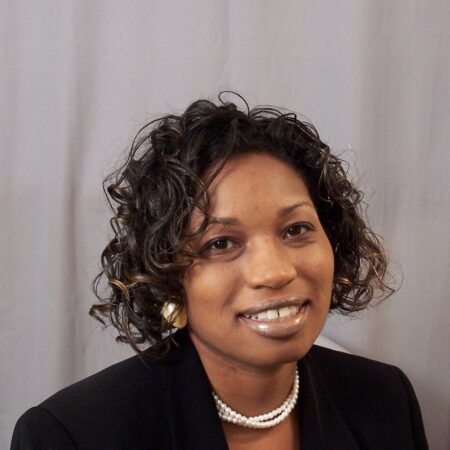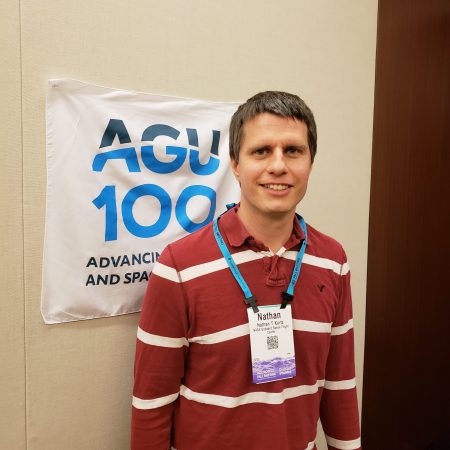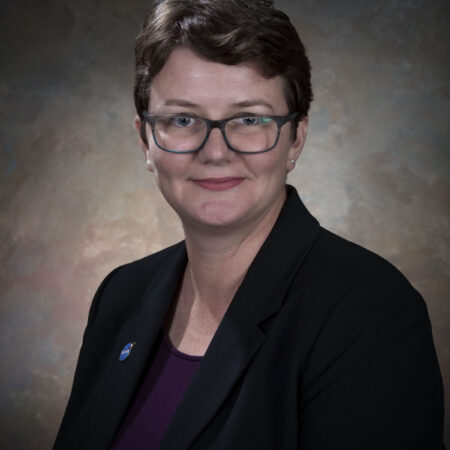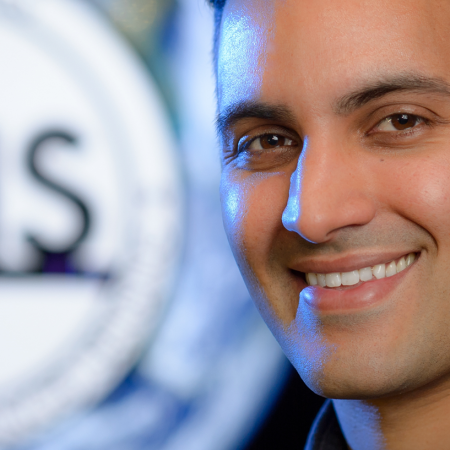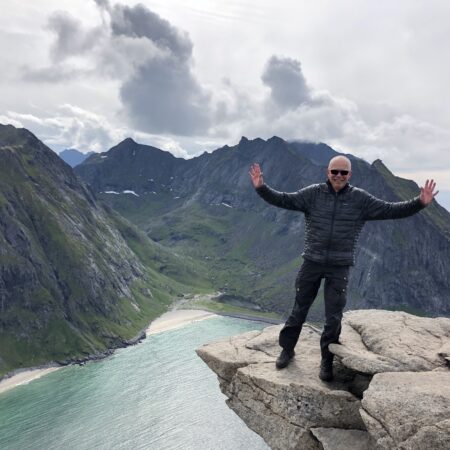Refine
Date Range Clear
Recorded by Clear
Keywords Clear
Partnerships Clear
Organizations Clear
Places Clear
Languages Clear
Initiatives Clear
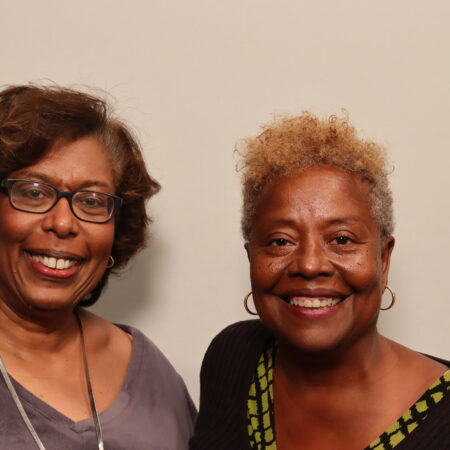
Just Us Book Club member Lisa Henry Horne (64) shares memories of growing up in Louisiana with StoryCorps Facilitator Kiplyn Primus (62). Lisa also talks about her career.
Dr. Wendy Bohon is an earthquake geologist and the Senior Science Communication Specialist for the Incorporated Research Institutions for Seismology, or IRIS for short (not the IRS). But how did she end up there if she went to school for...
Melissa Trainer is a planetary scientist at NASA Goddard Space Flight Center, and is working on the upcoming Dragonfly mission. We talked to her about pitching Dragonfly and finding out whether it got accepted on TV, accepting opportunities you didn’t...
For Paula Buchanan, disaster scientist and emergency management researcher, the whole point of science is to share it with others so that it can benefit everyone. We talked to her about being a “degree collector,” persevering and setting boundaries in...
How does one go from being a B+ student who got dressed down by her 8th grade softball coach to the Division Director of the Earth Science Division at NASA? While this might sound like the plot of an inspirational...
Rafael Loureiro may confess to being an introvert, but he has no fear of people. He started off talking about AGU’s Voices of Science bootcamp, which he is participating in this year to develop his spokesperson skills. That segued into...
Tom Krimigis works at the Johns Hopkins University Applied Physics Lab, and was previously the principal investigator for the Voyager I and Voyager II missions. A student of Van Allen, Tom built detectors to search for Van Allen belts on...
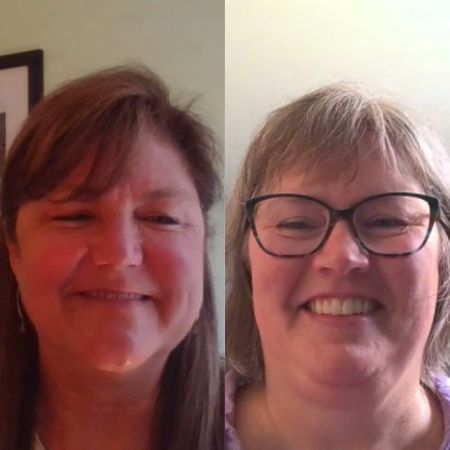
One Small Step partners and long time friends Elizabeth Brady (58) and Jennifer Perrow (53) discuss what they are most proud of in the past year, working in HR and accommodating the hardships people are facing in their jobs, and...
A glimpse into the vice principals daily life. How has his personal progress affected his progress in the field of education?
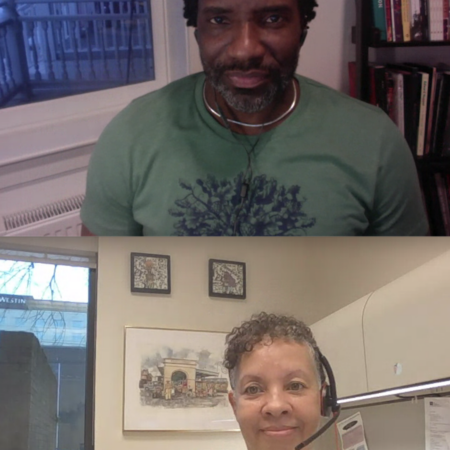
Friends and colleagues Seph Rodney (50) and Monique Davis (56) discuss their work, their career paths, and how the COVID-19 pandemic has affected their lives.
Craig Kundrot had a hard time narrowing down what type of science he wanted to specialize in, but that ended up being a strength when he became the Division Director for Biological and Physical Sciences at NASA. We talked to...
Marcia Rieke has had to take a break from her job as a professor of astronomy at the University of Arizona recently because she is currently the principal investigator of the Near Infrared Camera being launched on the James Webb...
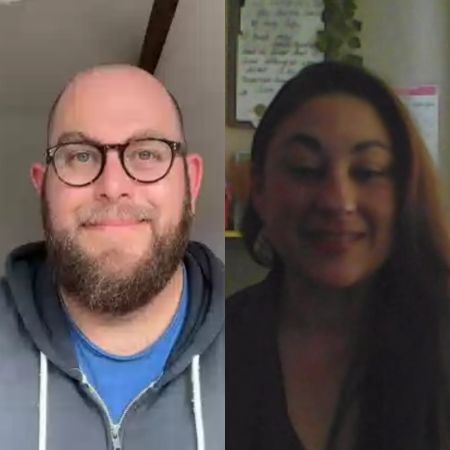
One Small Step conversation partners Alex Mozes (43) and Rosie Campagna (45) consider political parties, changing views and the bubbles we find ourselves in, questioning as a means of understanding and coming to one's views, distrust and conspiracy theories, the...
As the Deputy Director of Planetary Science at NASA, Eric Ianson has his hands full overseeing all of NASA’s planetary science missions. We talked to Eric about learning to navigate press conferences, the gratification of launch day, and maintaining focus...
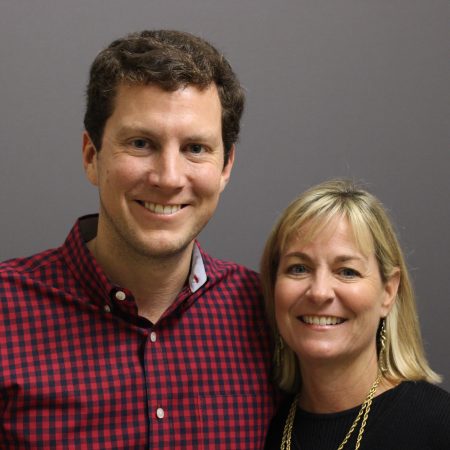
Louisiana Children's Museum Board Members Taylor Beery (36) and Lizette Terval (51) talk about their experiences working with the Louisiana Children's Museum.
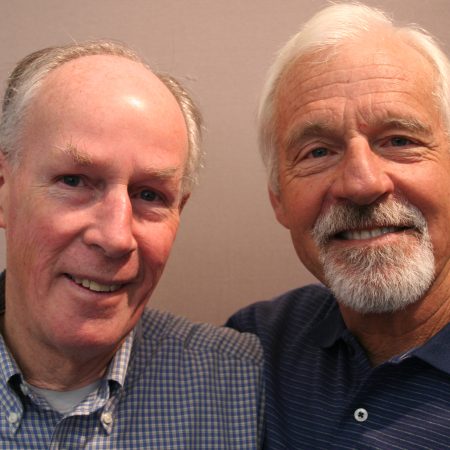
Thomas "Tom" A. Dean (67) and his friend and colleague, Robert Burkhardt (71), talk about their career paths to founding Eagle Rock School and Professional Development Center, the school and center, and former students.
“What is the earth saying to us?” Jackie Caplan-Auerbach is a volcano seismologist with the Western Washington University geology department. Jackie studies ice avalanches, which can happen at any time. Most ice landslides do not give warnings, but some do....
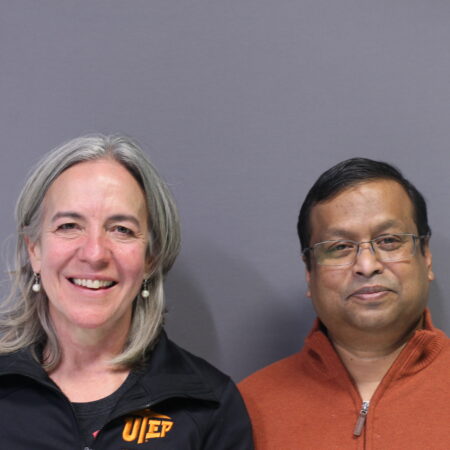
Friends and colleagues Dr. Ahsan Choudhuri (52) and Susie Byrd (51) discuss Dr. Choudhuri’s path to becoming an aerospace engineer, his decision to work at the University of Texas at El Paso (UTEP), and their commitment to economic development and...
A big part of Mónica Feliú-Mójer’s life mission is to help use science communication as a tool for equity and inclusion, and she has certainly achieved this working with two non-profits called Ciencia Puerto Rico and iBiology. Mónica has spent...
Trena Ferrell’s story with NASA all started with an email requesting an in class visit for her students. Now as a Public Outreach Lead for NASA, she sits down with us to talk about the importance of STEAM (emphasis on...
The potential downside of a career in always seeking discoveries is that it may stunt the development of your confidence. Even as someone who walked into NASA, living the dream in his mind, Nathan Kurtz experiences that downside, politely calling...
Renee Weber is the Chief Scientist at NASA’s Marshall Space Flight Center, which basically means she represents all science at the center- pretty cool if you ask us! We talked to Renee about the importance of seismology, building personal relationships...
Dr. Ved Chirayath is the director of the Laboratory for Advanced Sensing (LAS) in the Earth Science Division at NASA Ames Silicon Valley. There, he develops and invents new instruments for NASA missions on Earth and in space, with much of his current work focusing on creating technology that will increase our...
Michael Hesse is the Director of Science at NASA’s Ames Research Center, focusing on space biological science. We talked to him about being a good leader, doing science all over the world, and the joys of racing cars.
Dr. Stephen Rinehart is the Director of Planetary Research Programs at NASA. We talked to him about how his love for destroying things as a kid led him to a career in science, walking away from failure, and working with...
